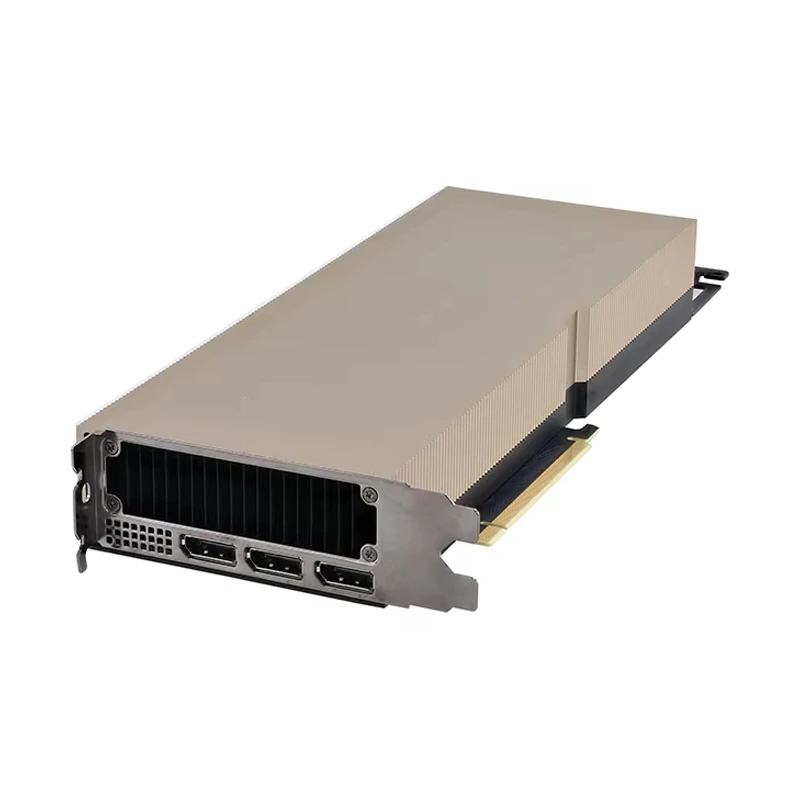Understanding Computer Hardware: The Backbone of Modern Technology
2025-02-06
In today’s digital world, computers are an essential part of our daily lives. From personal laptops to high-performance gaming rigs and enterprise servers, all computers rely on a combination of hardware components to function effectively. Whether you're a tech enthusiast, a gamer, or someone looking to upgrade their system, understanding computer hardware is crucial.
What is Computer Hardware?
Computer hardware refers to the physical components of a computer system, including the processor, memory, storage devices, and peripherals. Unlike software, which consists of programs and applications, hardware provides the foundation that allows software to run.
Essential Components of Computer Hardware
1. Central Processing Unit (CPU) – The Brain of the Computer
- The CPU is responsible for executing instructions and performing calculations.
- Leading brands include Intel and AMD, offering processors with different core counts, clock speeds, and performance levels.
2. Motherboard – The Central Hub
- The motherboard connects all components and allows them to communicate.
- It houses the CPU socket, RAM slots, storage connections, and expansion slots for graphics cards and other peripherals.
3. Random Access Memory (RAM) – Temporary Memory for Speed
RAM stores data that the CPU needs to access quickly.
- More RAM improves multitasking and application speed, with modern systems using DDR4 and DDR5 memory.
4. Storage Devices – Data Storage Solutions
Solid-State Drives (SSD): Faster, more durable, and energy-efficient compared to traditional Hard Disk Drives (HDD).
NVMe SSDs offer the highest speeds, making them ideal for gaming and professional applications.
5. Graphics Processing Unit (GPU) – Enhancing Visual Performance
- The GPU is essential for gaming, video editing, 3D rendering, and AI processing.
- Brands like NVIDIA and AMD dominate the market with high-performance graphics cards.
6. Power Supply Unit (PSU) – Providing Energy to the System
- The PSU converts electricity from a wall outlet into usable power for computer components.
- Choosing a high-quality 80 PLUS certified PSU ensures stable performance and efficiency.
7. Cooling System – Preventing Overheating
Air cooling (fans) and liquid cooling systems help maintain optimal temperatures.
- Effective cooling extends the lifespan of components and improves performance.
8. Peripherals & Accessories – Enhancing User Experience
Monitors, keyboards, mice, speakers, and external storage devices complete the system.
- High-refresh-rate monitors and mechanical keyboards improve productivity and gaming experiences.
Choosing the Right Computer Hardware
When building or upgrading a computer, consider:
Purpose: Gaming, professional work, or everyday use?
Budget: High-end components vs. cost-effective alternatives.
Compatibility: Ensuring parts work together seamlessly.
Conclusion
Computer hardware is the backbone of modern technology, driving everything from personal computing to advanced AI systems. Understanding hardware components helps you make informed choices when buying, upgrading, or troubleshooting your system. Whether you're a casual user or a hardcore gamer, investing in the right hardware ensures smooth performance and longevity.



